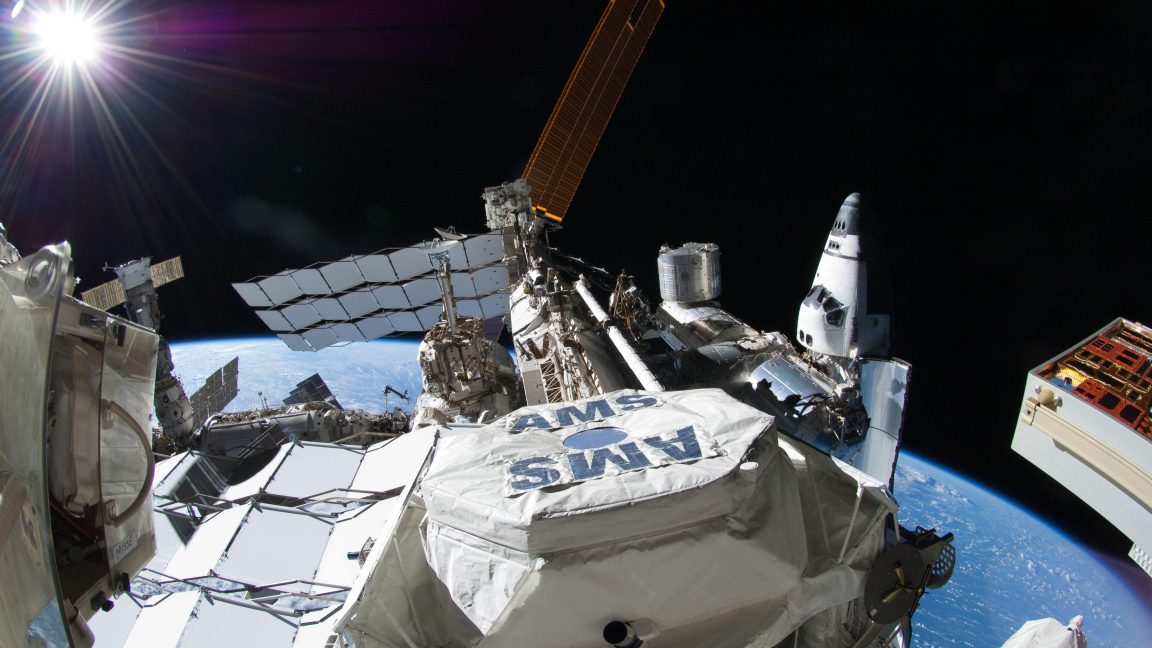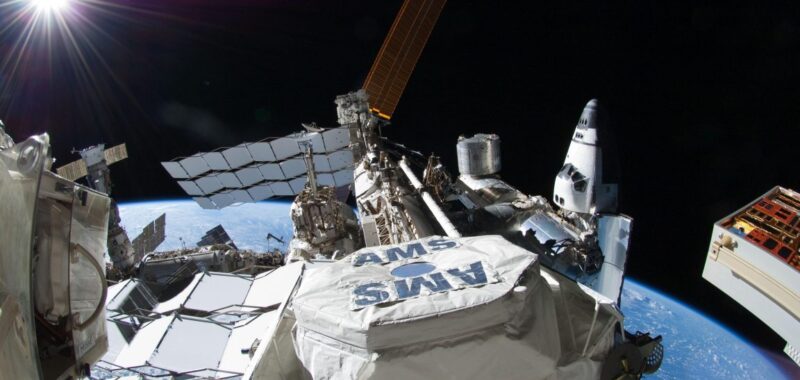
NASA has not publicly announced the astronauts who will fly on Crew-12 next year, but according to sources, it has already assigned veteran astronaut Jessica Meir and newcomer Jack Hathaway, a former US Navy fighter pilot who joined NASA’s astronaut corps in 2021. If these changes go through, presumably one of these two would be removed from the mission.
Will this actually happen?
The cuts are by no means a certainty. The president’s budget proposal is just the beginning of a months-long process in which the White House Office of Management and Budget will work with Congress to establish funding levels and programmatic priorities for fiscal year 2026. If this budget process is like those in years past, a final budget may not even be set by the start of the fiscal year this October.
Congress has been broadly supportive of the space station, which is slated to fly through 2030 before being decommissioned. The Trump White House nominee to lead NASA, Jared Isaacman, also spoke in favor of “maximizing” science on the space station during his confirmation hearing last month. In subsequent answers to written questions, Isaacman reaffirmed this position.
“My priority would be to maximize the remaining value of the ISS before it is decommissioned,” Isaacman wrote. “We must prioritize the highest-potential science and research that can be conducted on the station—and do everything possible to ‘crack the code’ on an on orbit economy.”
This comment reflects a desire to focus on science that will help jump-start a commercial economy in low-Earth orbit, as opposed to the White House budget’s desire to focus on research related to the Moon and Mars.
Isaacman has not been confirmed yet—that should happen within the next couple of weeks—so he did not have direct input into setting the White House budget proposal. That process was led by Russell Vought, who leads the White House Office of Management and Budget.

